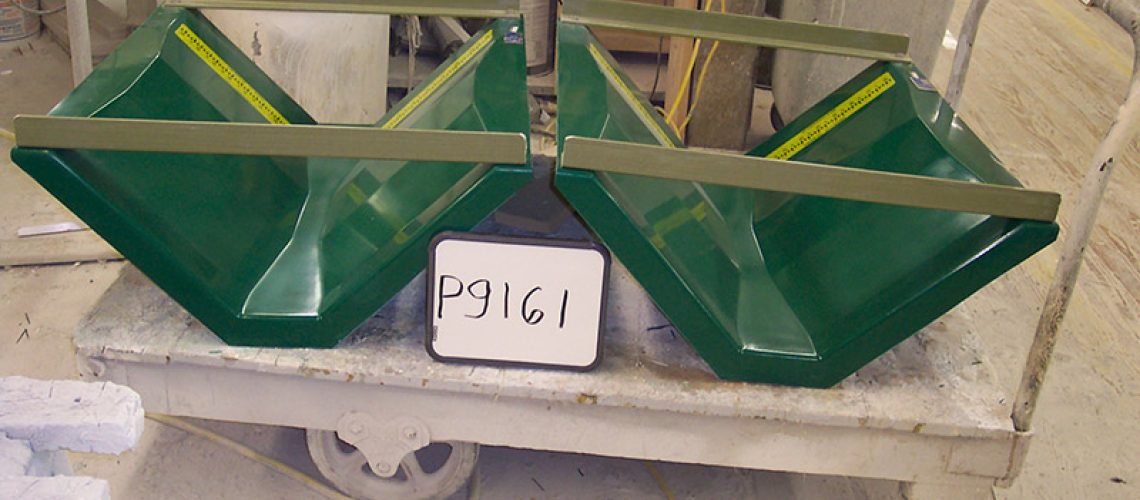When you’re looking to install a flume into your flow channel, you’ll need to treat it like an investment. That means opting for a material that will last for as long as possible and can offer low performance and maintenance costs. While there are plenty of options available, you can only ultimately choose one for your flume. Learn all about the life spans of flume materials, and discover which will work best for your needs.
Stainless Steel
Among the most common materials available, stainless steel is an adequate option. It has a significantly long life span, and it can generally resist corrosive and abusive flows. Just keep in mind, however, that the more corrosive and abusive the flow is, the shorter the life span of a stainless steel flume will be. Given that stainless steel might be overkill for a normal flow, and that corrosive flows can reduce the life span, it has a limited use in the middle ground between corrosion and longevity.
Galvanized Steel
Galvanized steel is quite common among flume materials and is used for a variety of applications, though it’s primarily used with irrigation. It’s strong enough to get the job done as a flume, but its life span depends on a variety of factors. Primarily, it’s a matter of how hard or soft the water is. Surprisingly, soft water is more corrosive to galvanized steel than hard water. That’s because hard water contains carbonates that bond with the zinc in the galvanized coating. This creates zinc oxide, which functions as an additional barrier in the flume.
While a galvanized steel flume can last quite a while in hard-water flow channels, soft water is a different story. Soft waters are more likely to contain corrosive ions like chloride, which will wear away at the protective coating fairly quickly. Even if you’re dealing with a generally hard water flow, the sheer speed of the flow can cause corrosion at a faster rate as well, so the usefulness of galvanized steel is dependent on the flow channel conditions to a significant degree.
Fiberglass
If you’re looking for a universally useful material regardless of your flow channel conditions, fiberglass has got you covered. A quality fiberglass flume can easily last 15 to 20 years in most cases, though longevity can still vary depending on how corrosive the flow is. Even so, fiberglass is fundamentally designed to resist corrosion, rapid flow rates and just about anything else you may have to deal with in a flow channel.
Fiberglass can withstand all of this because of its gel coat. Not only does it offer protection against corrosion, but it also is inherently resistant to ultraviolet light. That means fiberglass is the best option even if you have a calm flow, because it protects against unavoidable sun damage when located outside.
Flumes at Tracom
Fiberglass reigns supreme when it comes to life spans of flume materials. If you’re looking to get your hands on a quality fiberglass flume, Tracom has got you covered. Contact our team today, and we can work together to create a custom design perfectly suited for your unique flow channel conditions.


